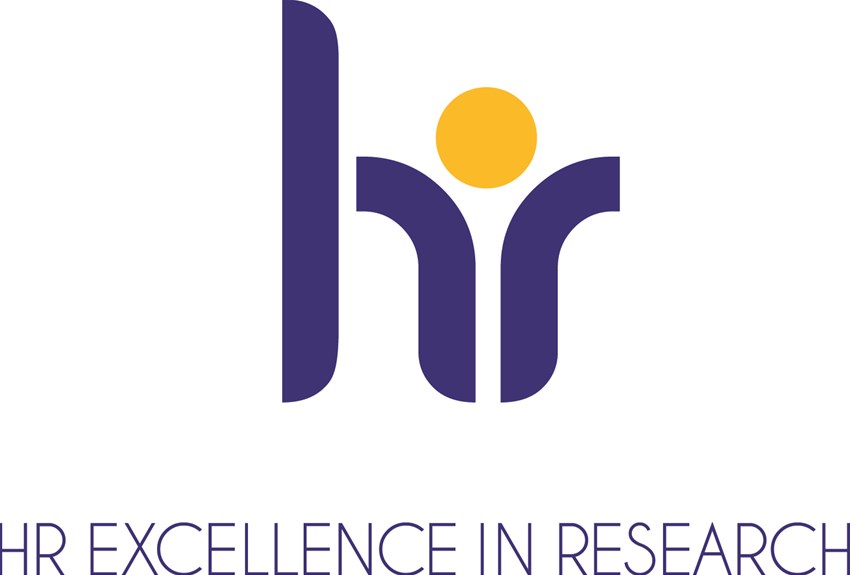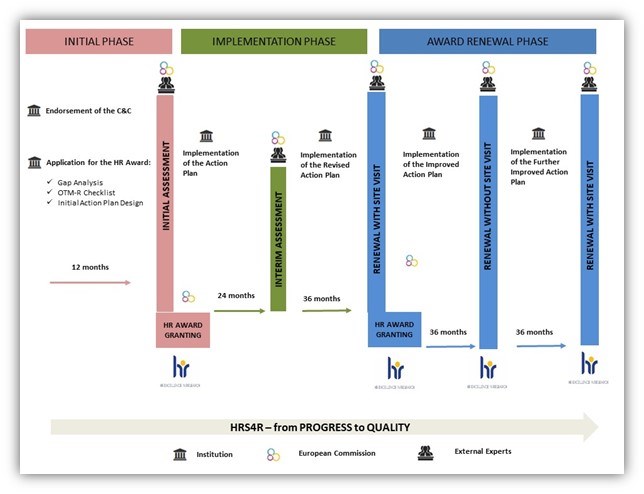About the charter and code for researchers expand_more
The award is given to organisations that follow the European Charter for Researchers and Code of Conduct for the Recruitment of Researchers. Universities that join follow a process called the Human Resources Strategy for Researchers (HRS4R).
In 2005, the European Commission adopted a “European Charter for Researchers” and a “Code of Conduct for the Recruitment of Researchers” (Charter & Code). These two documents, aimed at researchers as well as research employers and funders in both the public and private sectors, are key elements in the EU’s policy to boost researchers’ careers.
The aim of the Charter & Code is to ensure that the relationship between researchers and employers is conducive to successful research performance and to researchers’ career development. The implementation of the Charter & Code principles by research institutions renders them more attractive to researchers looking for a new employer or as a host for their research project.
The European Charter & Code consists of 40 principles and four thematic areas:
- Ethical principles and professional responsibility
- Recruitment
- Working Conditions
- Training
Benefits of the HR Excellence in Research Award
There are a range of benefits for researchers and organisations that have the Award. For example, it can add value to funding applications to demonstrate a commitment to good working conditions and career development for researchers. It can also be used to promote this commitment to researchers who might be considering moving to an institution.



 The purpose is to enhance the working conditions and career development of researchers in the European Union by implementing principles outlined in the European Charter for Researchers and the Code of Conduct for the Recruitment of Researchers.
The purpose is to enhance the working conditions and career development of researchers in the European Union by implementing principles outlined in the European Charter for Researchers and the Code of Conduct for the Recruitment of Researchers.
